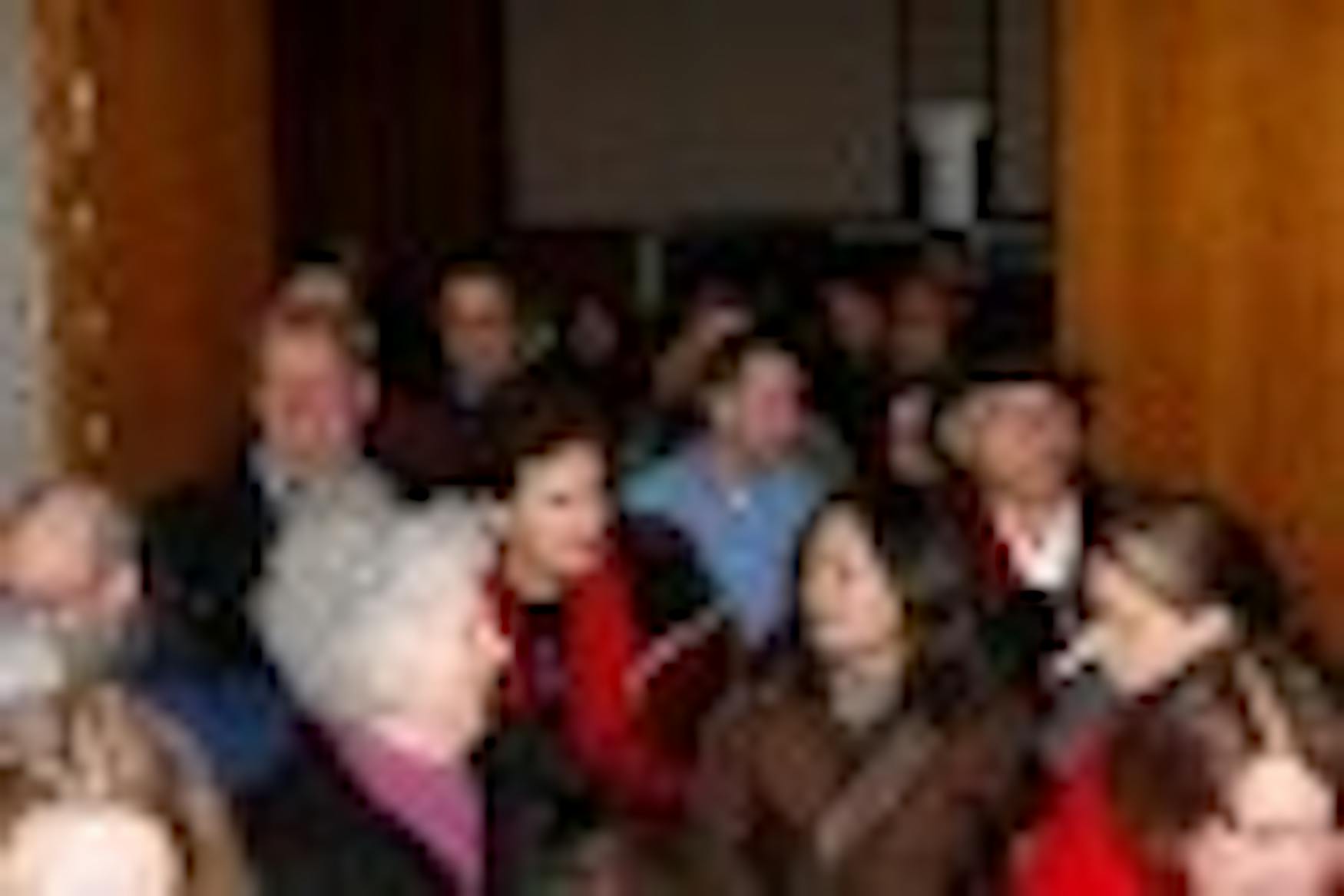Committee to be formed to reorganize Arts and Sciences curriculum
The faculty passed a motion yesterday to establish a committee to draft a proposal by March 1 to restructure the Arts and Sciences curriculum in the face of enormous budgetary constraints. The motion was passed at an emergency faculty meeting that was marked by student protests and was described by professors as the best-attended faculty meeting in years. The emergency meeting was called after senior administrators and the Faculty Senate Council proposed several long-term changes to the undergraduate academic curriculum, including the replacement of the current 43 majors and 47 minors with fewer interdisciplinary meta-majors, the establishment of a summer semester, the increasing of the size of the undergraduate student body by 12 percent and the reduction of faculty by 10 percent.
According to Provost Marty Krauss, the committee will consist of nine people appointed by the Faculty Senate and herself. She explained that the committee will be able to set up subcommittees so that there can be representation beyond those nine members, including from the undergraduate and graduate student body. "We're trying to think of the best structure to keep it organized and focused but also inclusive," she said. The details of the committee would be worked out over the weekend, Krauss said.
Prof. Mark Hulliung (HIST) said that the makeup of the committee was a major topic of discussion among the faculty. He said that faculty who don't have tenure are very interested in being on the committee because they are afraid they will be targets of cutbacks. Hulliung described how during the meeting, Prof. David Hackett Fischer (HIST) stood up and said, "'If we just talk about having a committee, maybe we should charge the committee that they should discuss [points] one, two, three, four and five,' and that got a round of applause because that was a way of moving forward," Huilling said. "What one, two, three, four and five will be ... was not decided at the time I walked out of the room," he added.
The meeting began with a speech by University President Jehuda Reinharz and a financial presentation by Executive Vice President and Chief Operating Officer Peter French, multiple faculty said. Reinharz established 11 principles in a document drafted for the meeting. Among the principles are that Brandeis "will continue to pursue excellence by being a research institution with an outstanding faculty and a smaller graduate school than we now have," "will make major efforts to extend our local community and global reach" and "will establish financial self-sufficiency."
"[Reinharz] gave a very gracious, bracing opening statement about the realities of the situation, and then he said something I think we can all agree with, which is that we're all in this together," Prof. Thomas Doherty (AMST) said. "It's a serious, difficult discussion. Nobody wants to cut down on programs."
Fox, who was on the Special Faculty Advisory Committee chaired by Jaffe, which was formed last semester to advise the administration on the academic budget, said that seeing the data she was familiar with on the charts and the PowerPoint slides "makes [the crisis] hit home."
One major topic discussed in the meeting was the addition of new academic programs, such as a Business major and an engineering program, that would appeal to more potential applicants in order to help the University raise revenue from tuition, multiple faculty said. "A lot of the emphasis of the discussion is how to attract more students and how do we sell our product," Prof. Peter Woll (POL) said. Hulliung explained that many faculty believe that "perhaps we should have something like a Business major because that would be, the thought is, a great marketing tool."
In a student-faculty talk held after the meeting, Cohen said that many students often expressed interest in an engineering program at Brandeis. "But to begin an engineering school from scratch at this financial moment is simply impossible," he added.
Prof. Joseph Lumbard (NEJS) expressed concern that "in attempting to address the desire of some to have a more practical application for their University application, that we may sacrifice the heart of a liberal arts education, which is that of knowledge for knowledge itself."
Other faculty saw potential for connecting a business program with the liberal arts curriculum. Fox pointed out that there was a suggestion for a business and ethics proposal "because clearly in these days, we're finding out that a lot of business lacks ethics." Prof. Steven Burg (POL) said "I think [the Business major] makes perfect sense and more sense now than ever before," he said. "This meeting has established a process; it's the right process, and it has a chance of succeeding," he said.
Dean of Arts and Sciences Adam Jaffe said after the meeting that faculty expressed a lot of skepticism about the idea of meta-majors. But the focus of the discussions is "not [moving] toward the meta-majors any longer," Krauss said.
Hulliung noted that he thought that "nobody really quite understands what the meta-major is."
For Prof. Jacob Cohen (AMST), the consensus of the meeting was that the University "should build on the existing strengths of the faculty and the curriculum" in a bottom-up approach from within, instead of one from the top down. The meta-majors plan "seems to have been a nonstarter with most of the faculty," he said.
"Nothing's really been resolved," Woll said.
Many faculty noted how well-attended the meeting was. "I've never been to a faculty meeting that had so many faculty there, ... you know, people sitting on the floor, standing room only," Professor Dian Fox (ROMS) said.
Fox said she was optimistic about the possibility of reaching an agreement that preserves Brandeis' identity. "I think Dean Jaffe is doing a wonderful job," she said. "I have confidence in his sense of what Brandeis is and [in] his sense of justice."
-Hannah Kirsch and Jillian Wagner contributed reporting.




Please note All comments are eligible for publication in The Justice.